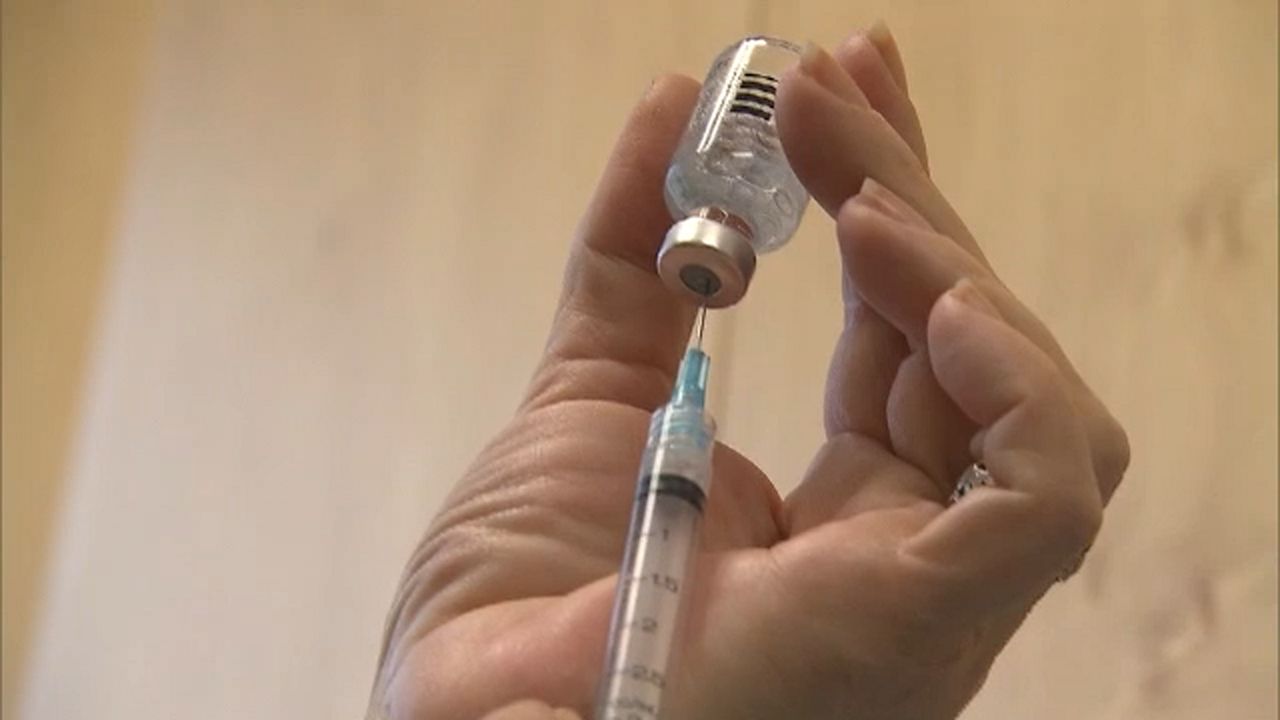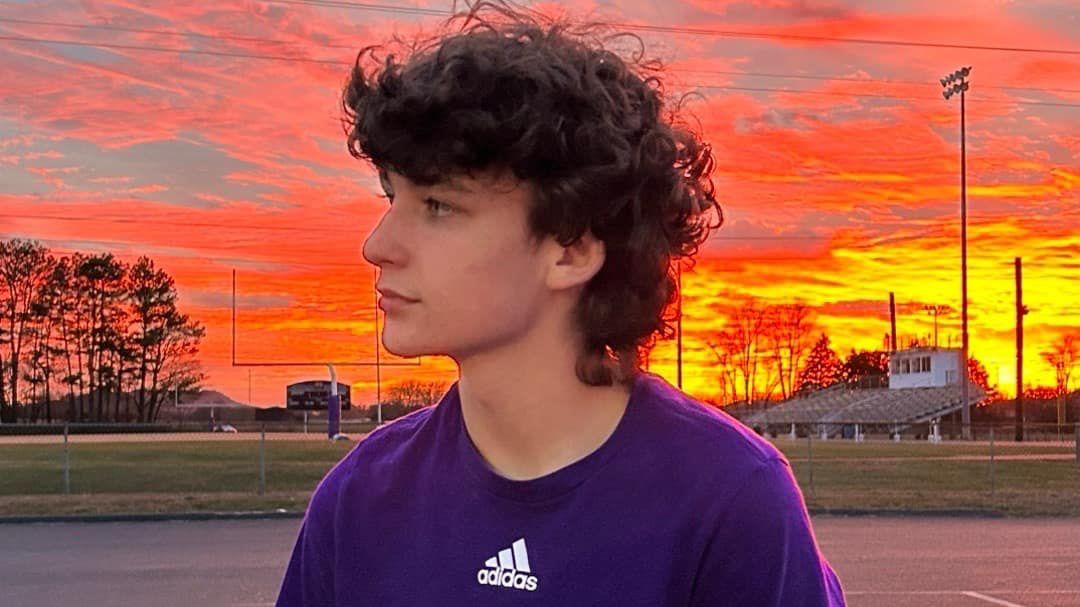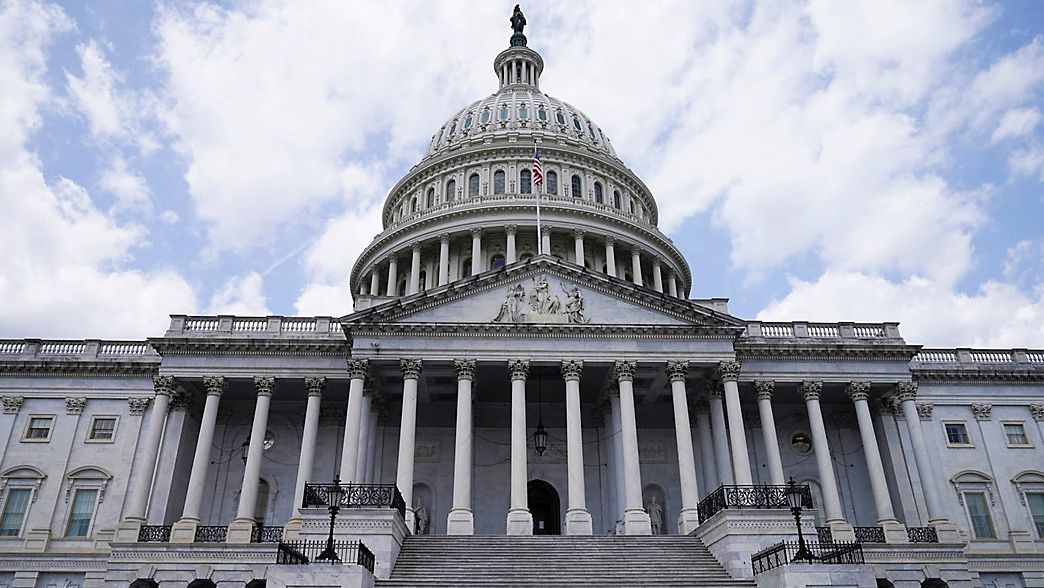FRANKFORT- Flu activity across Kentucky is now widespread according to the Department of Public Health.
Widespread is the highest level of flu activity, which means there have been increased flu cases or outbreaks in at least half of the Commonwealth's regions.
But don't worry--it's not too late to get a flu shot.
“We strongly encourage anyone who hasn’t received a flu vaccine, particularly children six months and older and those people at high risk for complications related to the flu, to get a flu shot,” said Jeff Howard, M.D., commissioner of DPH in a release. “Also remember to cover your cough and avoid touching your eyes, nose and mouth because germs are spread this way. Be sure to frequently wash your hands with soap and water and stay home if you are sick with flu-like illness.”
There have been 1,457 reported flu cases this season, which is comparable to the same time last season which saw 1,411 cases. One of the hardest hit areas is Louisville Metro, which has confirmed more than 550 cases recently--overall, they have confirmed 882 cases this season.
Sadly, four adult deaths and one pediatric death have been liked to the flu in Kentucky this season. Last season at this time, however, there were 12 flu-related adult deaths.
The Kentucky Medical Association, the Foundation for a Healthy Kentucky and the Kentucky Foundation for Medical Care released a joint statement in response to the news.
"It's not too late to get a flu shot, which can protect you but also help prevent further spread to others. We're particularly concerned about infants who are too young to get the vaccine as well as those with compromised immune systems for whom exposure to the flu poses the greatest danger. But even otherwise healthy people are at risk of serious illness, hospitalization and death from the flu," the statement read. "The best advice is to get your shot as soon as possible. Consult a physician if you have flu symptoms and prevent the spread by washing your hands frequently, covering your nose and mouth when you sneeze or cough. And if you get sick, limit your contact with others for at least 24 hours after your fever subsides."
The CDC strongly encourages the following groups of people to get a flu vaccination.
- Children age six months through 59 months;
- Women who are or will be pregnant during the influenza season; • Persons 50 years of age or older;
- Persons with extreme obesity (Body Mass Index of 40 or greater);
- Persons aged six months and older with chronic health problems;
- Residents of nursing homes and other long-term care facilities;
- Household contacts (including children) and caregivers of children aged ≤59 months (i.e., aged <five years, particularly contacts of children aged <six months) and adults aged ≥50 years;
- Household contacts and caregivers or people who live with a person at high-risk for complications from the flu; and
- Health care workers, including physicians, nurses, and other workers in inpatient and outpatient-care settings, medical emergency-response workers (e.g., paramedics and emergency medical technicians), employees of nursing home and long-term care facilities who have contact with patients or residents, and students in these professions who will have contact with patients.
Weekly influenza activity reports can be found here.









